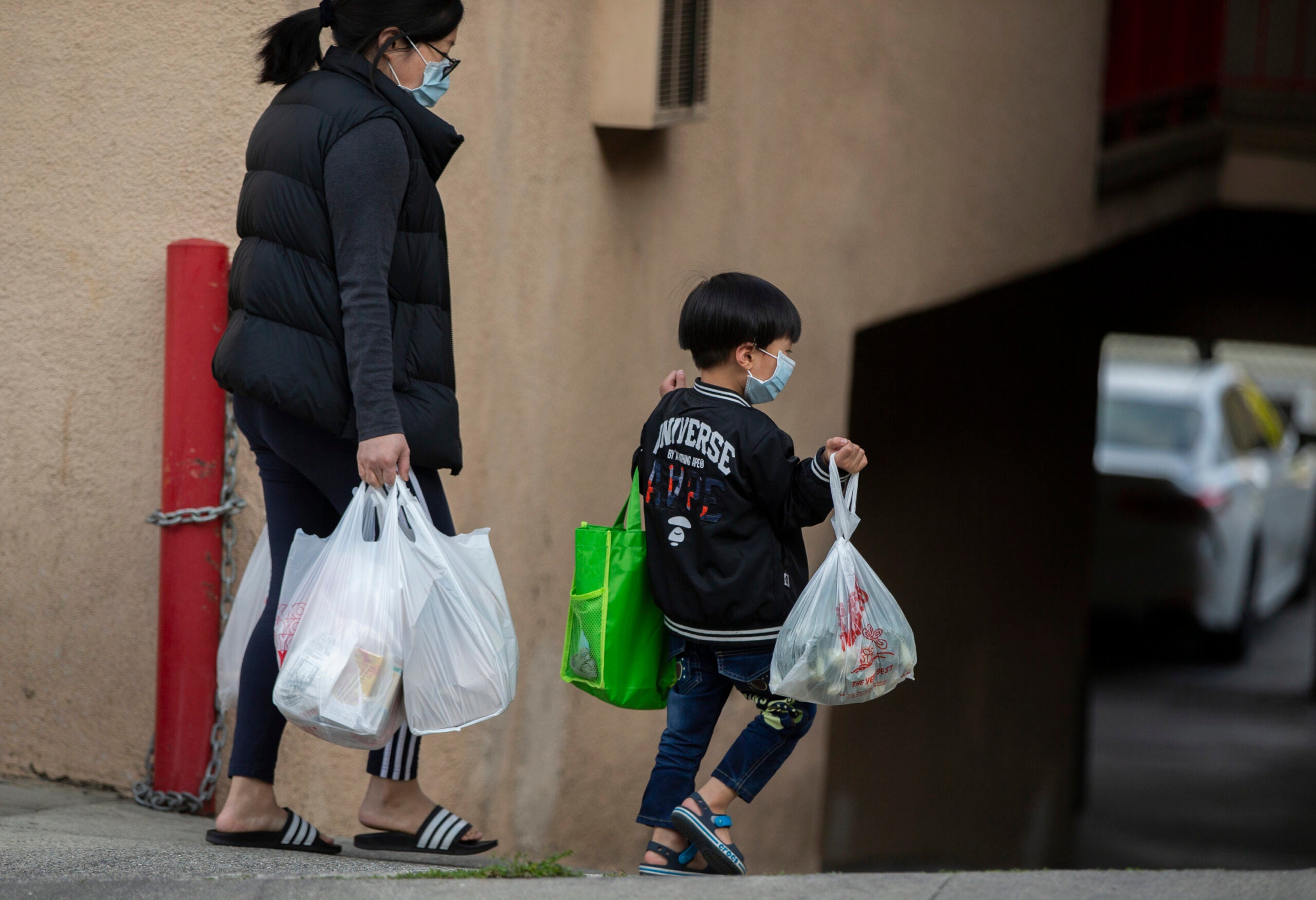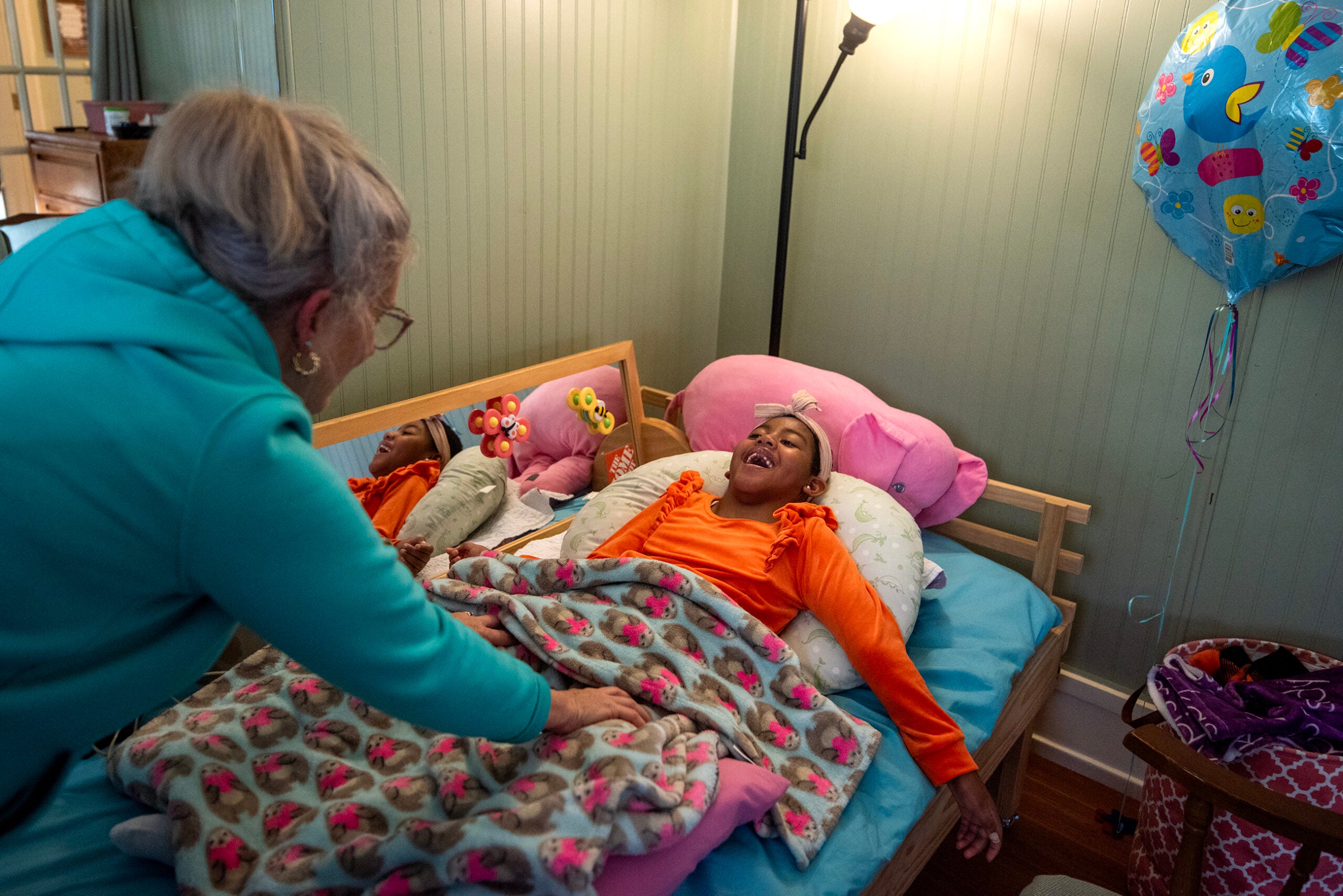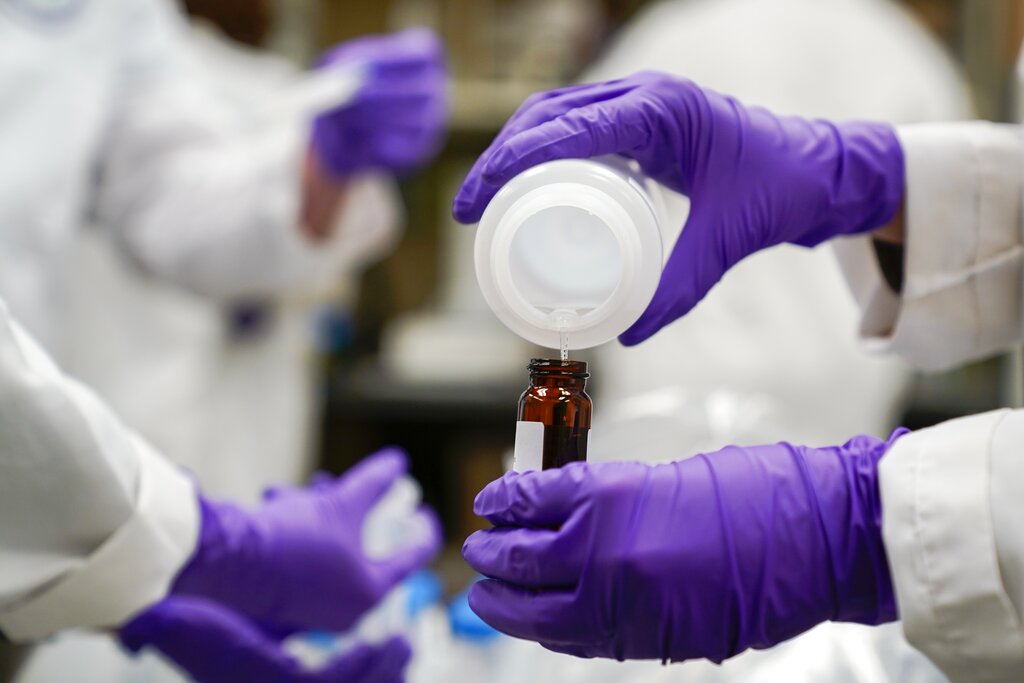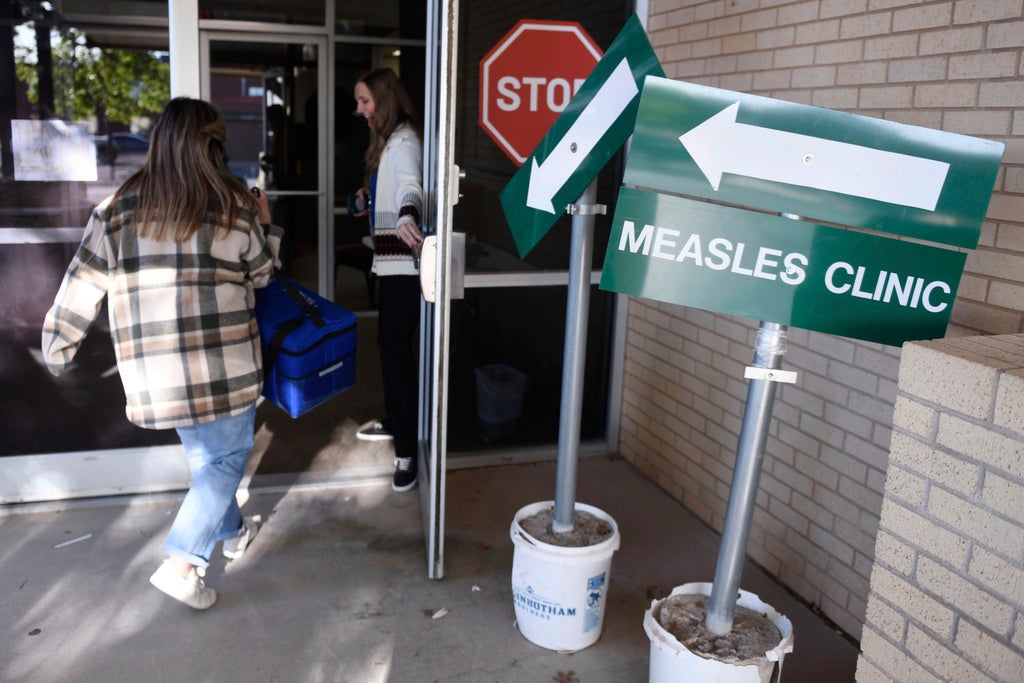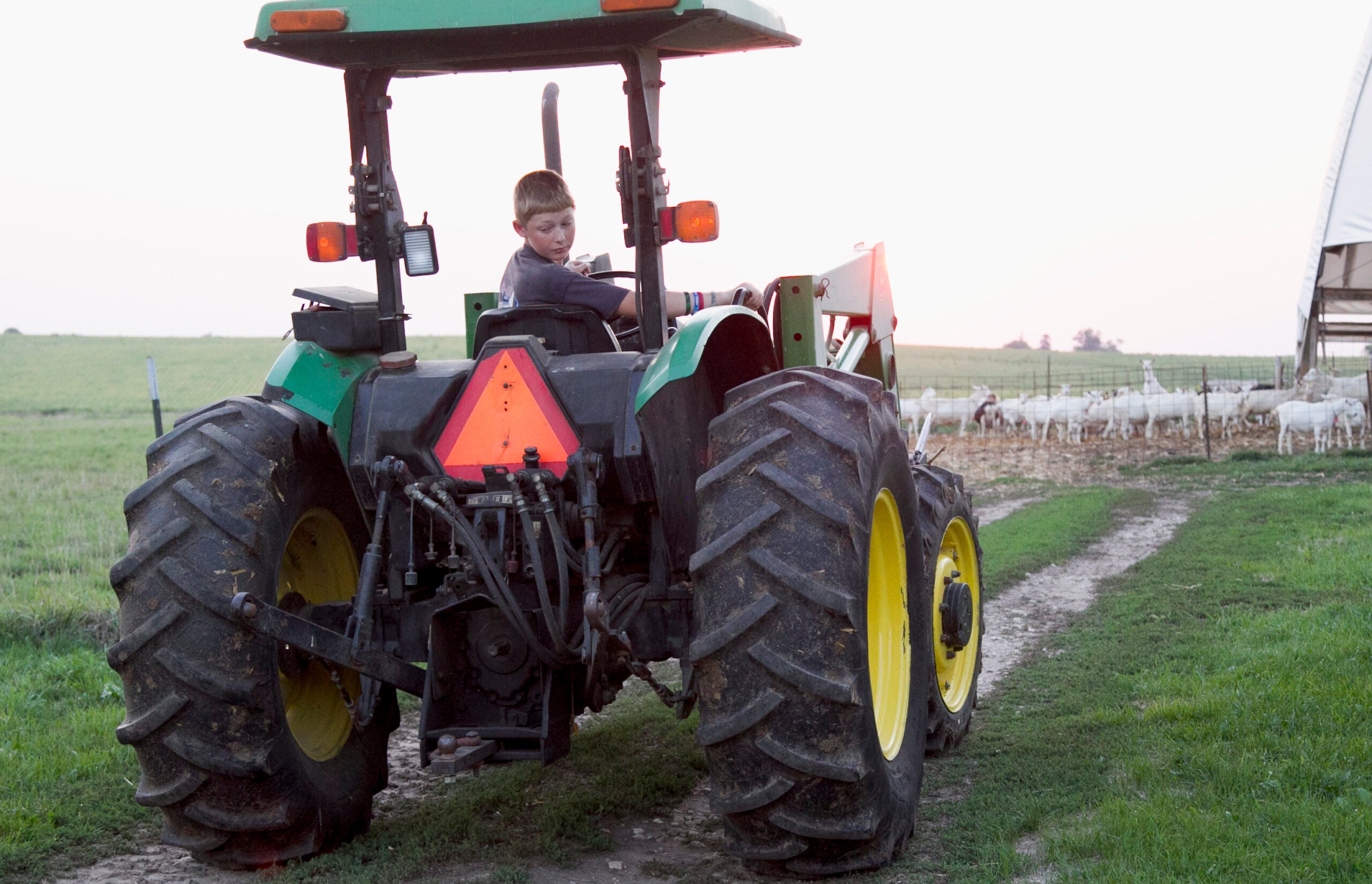One of the many mysteries about the new coronavirus is what role children play in the pandemic. A federal government study, which will include roughly 300 families from Wisconsin, hopes to answer questions about how many children get infected, whether they develop symptoms and how it affects those with asthma.
“We know very little about children and whether they get infected with SARS-CoV-2,” said Dr. Alkis Togias. “We know in general they do not get sick. But the question is do they get infected; and if so, to what extent? And when infected do they transmit it to others around them, especially adults or other children?”
Togias is with the National Institute of Allergy and Infectious Diseases. It’s part of the National Institutes for Health (NIH) which is funding the study announced Monday called the Human Epidemiology and Response to SARS-CoV-2 (HEROS) study.
News with a little more humanity
WPR’s “Wisconsin Today” newsletter keeps you connected to the state you love without feeling overwhelmed. No paywall. No agenda. No corporate filter.
The abbreviation for the study is pronounced “heroes” and is meant to appeal to children whose parents will collect nasal, blood and stool samples from them every two weeks.
“We thought this acronym would actually be attractive to a lot of the kids in the study,” Togias said.
The research aims to rapidly enroll 6,000 families across the United States. Two of the 11 cities involved are Marshfield and Madison. The others are Nashville, New York, Boston, Baltimore, Washington, D.C., Cincinnati, Denver, Detroit and St. Louis.
In order to get the study up and running as quickly as possible, families already involved in federally funded research are being recruited. This includes households in central and northern Wisconsin who are part of an effort to understand why kids living on farms are less likely to have asthma and allergies. This advantage has been traced to being exposed to certain bacteria on the farm. Those exposures contribute to a kids’ microbiome.
The HEROS coronavirus study builds on the research from the Wisconsin Infant Study Cohort (WISC) by trying to find out whether kids with asthma have a different risk than those who don’t if they come down with COVID-19.
“What’s unique about the WISC study is these are different environments than a lot of other kids than will be part of the HEROS program, in the fact they’re largely rural,” said Casper Bendixsen, director of National Farm Medicine Center at Marshfield Clinic Research Institute.
“So what I always enjoy about this study is that it means rural people and farm families are represented in important research,” said Bendixsen, co-investigator of the WISC study along with Drs. James Gern and Christine Seroogy with the University of Wisconsin-Madison School of Medicine and Public Health.
Researchers don’t know if kids with asthma would be at higher risk if they become infected with the new coronavirus. Recent data suggest just the opposite, Seroogy said.
Wisconsin Public Radio, © Copyright 2025, Board of Regents of the University of Wisconsin System and Wisconsin Educational Communications Board.

